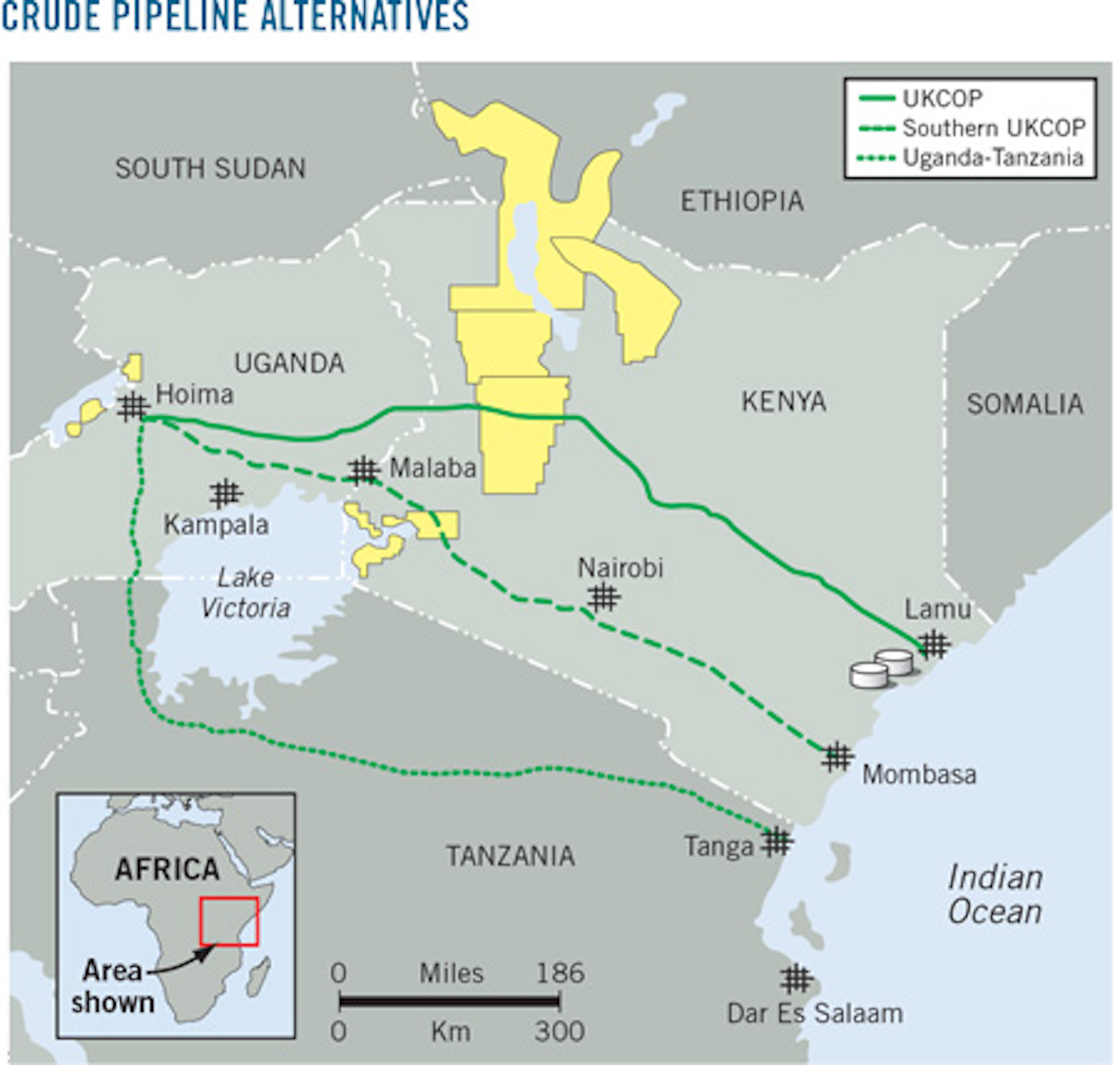Shipments of crude oil and refined products are taking a detour around Africa, driven by a nearly 50% increase in traffic on the longer route since attacks began on vessels using the Red Sea. This shift, reported by the Energy Information Administration (EIA), is pushing up shipping costs as companies navigate the additional distance around the Cape of Good Hope.
Historically, a significant portion of global maritime traffic, roughly 12%, transited the Red Sea and the Suez Canal in Egypt. However, attacks by Yemen's Houthi rebels on ships in the Red Sea have forced companies to seek alternative routes. This has resulted in a substantial increase in traffic along the longer route around Africa, with shipments on this path rising by 47%.
The increased shipping activity is impacting various regions. The EIA noted a significant rise in crude oil and refined products being transported from the Middle East and Asia to Europe via the Cape route. This represents a 15% increase in crude oil shipments to Europe compared to using the Red Sea or Suez Canal. Additionally, refined product exports from Asia and the Middle East to Europe have seen a surge, with a 29% rise in these products being diverted around Cape Town.
The United States is also adapting its trade routes in response to the Red Sea disruptions. The EIA reported an increase in US-bound crude oil and refined products shipped from the Middle East and Asia via the Cape route. Similarly, the US is sending more products to Asia using this longer path.
The Houthi rebels have claimed their attacks on shipping, particularly targeting Russian vessels, are acts of solidarity with Palestinians in the ongoing conflict in Gaza. These actions have significantly disrupted global oil and fuel transportation, forcing companies to utilize longer and more expensive routes.
The increased shipping distances translate to higher costs. Companies are now facing additional expenses due to the longer voyages and the potential for delays. This situation could ultimately impact fuel prices for consumers, as the added costs may be passed down the supply chain.
The EIA's report highlights the ongoing challenges associated with maritime security in the Red Sea. The rise in Houthi attacks has disrupted established shipping routes and pushed companies to adopt more expensive alternatives. As the situation in the Red Sea remains volatile, it's uncertain when or if normal traffic patterns will resume. In the meantime, the longer routes around Africa are likely to remain the primary course for oil and fuel shipments, with the associated impact on costs likely to be felt by consumers around the world.

